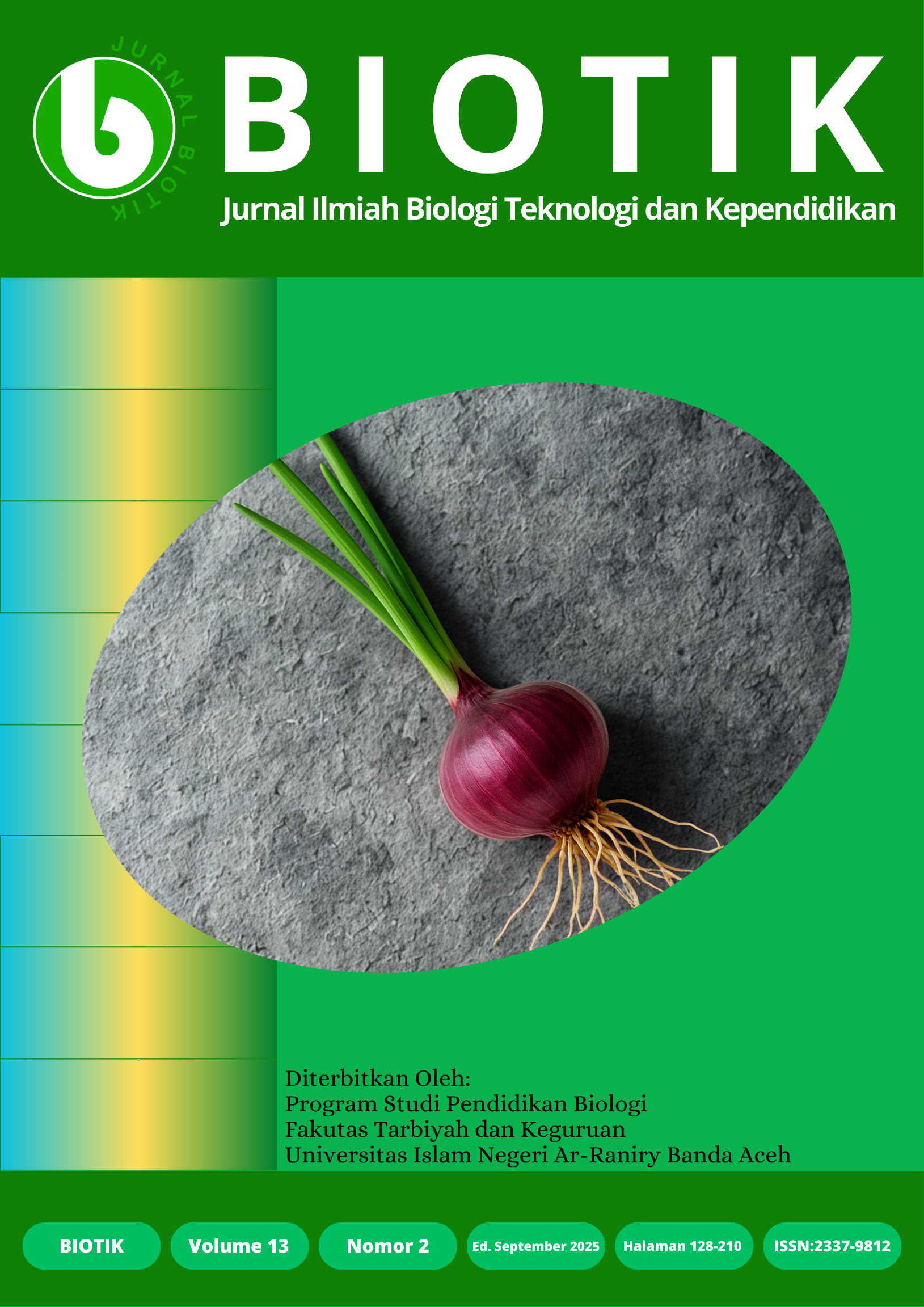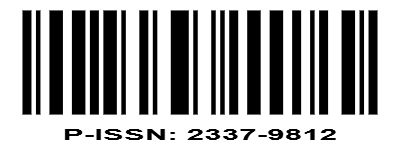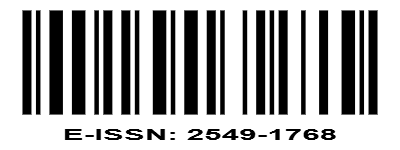Integrating Gamified Blended Learning in Biology Education: Enhancing Scientific Literacy and Critical Thinking Skills in Higher Education
DOI:
https://doi.org/10.22373/biotik.v13i2.31692Abstract
Abstract: In the context of Indonesian higher education, conventional learning approaches centered on lecturers are still dominant, thus inhibiting active student involvement and the development of higher-order thinking skills, especially in biology learning that requires conceptual understanding, analytical skills, and scientific application. This study aims to analyze the improvement of students' scientific literacy and critical thinking skills after the implementation of gamified blended learning on the material of Root Anatomy. This study uses Mixed Methods Research with a quasi-experimental design approach. The results of the scientific literacy analysis show a t-value of 9.45, greater than the t table of 1.54 at a significance level of 0.05, and a significance value of 0.00 <0.05. In addition, the results of the t-test on the results of critical thinking skills strengthen these findings with a t-value of 7.48> t table 1.34, which indicates a very significant difference between the average N-gain values of students in the experimental class and the control class. Thus, the alternative hypothesis (Ha) is accepted, which means that the gamified blended learning model is effective in improving students' critical thinking skills and scientific literacy.
Keyword: Blended Learning; Gamification; Science Literacy; Critical Thinking Skills.
Downloads
Downloads
Published
Issue
Section
License
Copyright (c) 2025 Fatemah Rosma, Mauizah Hasanah, Asy Syifa

This work is licensed under a Creative Commons Attribution-ShareAlike 4.0 International License.
Authors who publish with BIOTIK: Jurnal Ilmiah Biologi Teknologi dan Kependidikan agree to the following terms:
- Authors retain copyright and grant the journal right of first publication with the work simultaneously licensed under a Creative Commons Attribution License that allows others to share the work with an acknowledgement of the work's authorship and initial publication in this journal.
- Authors are able to enter into separate, additional contractual arrangements for the non-exclusive distribution of the journal's published version of the work (e.g., post it to an institutional repository or publish it in a book), with an acknowledgement of its initial publication in this journal.
- Authors are permitted and encouraged to post their work online (e.g., in institutional repositories or on their website) prior to and during the submission process, as it can lead to productive exchanges, as well as earlier and greater citation of published work.












